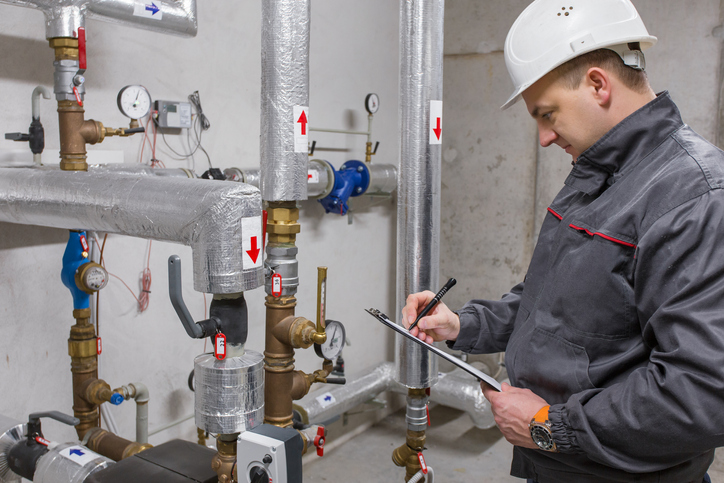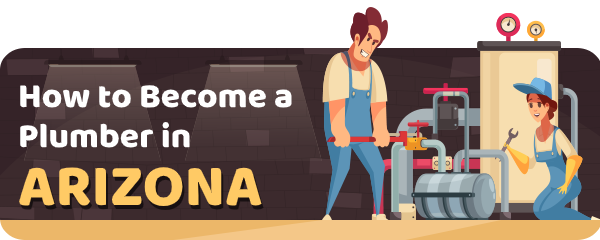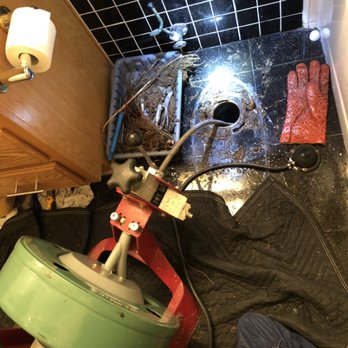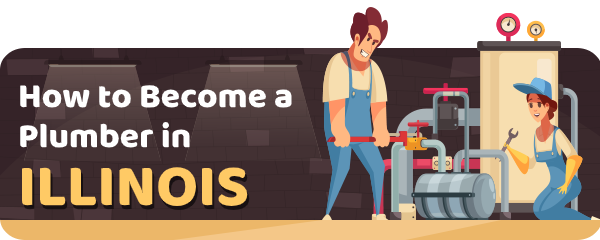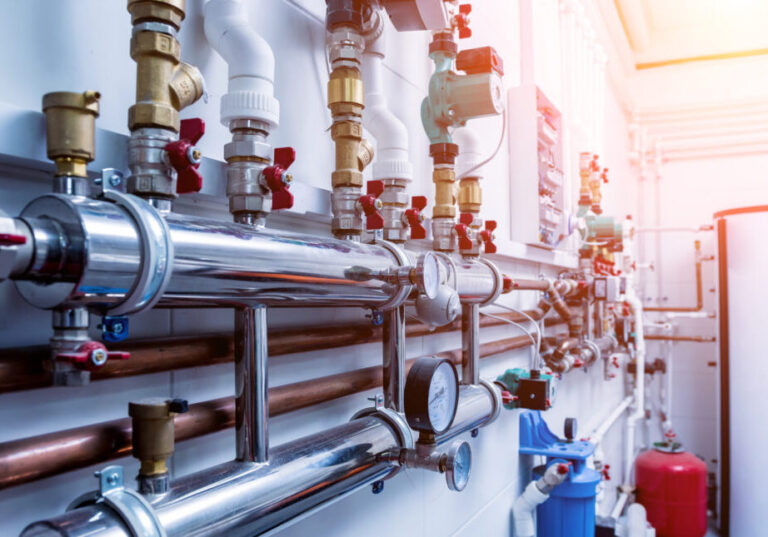How To Be A Plumbing Inspector?
A plumbing inspector is an essential role in the construction and maintenance of a building’s plumbing system. They must ensure that the plumbing system meets all codes and regulations and is safe for use. To become a plumbing inspector, you must have a thorough knowledge of plumbing codes and regulations, and a strong understanding of how plumbing systems work. This article will provide you with an overview of the requirements, qualifications, and responsibilities of being a plumbing inspector.

Qualifications and Certification Requirements
A qualified professional is someone who has obtained the necessary education or experience to offer services in a certain field. Certification is a recognition of an individual’s qualifications, knowledge, and skills that is awarded after a successful completion of a course, test, or program. Certification is often needed to demonstrate an understanding of a certain subject or to acquire a professional license. Having both qualifications and certification is essential to ensure that the individual is knowledgeable and able to provide quality services to the public.
Understanding the Plumbing System
Plumbing systems are essential for the functioning of modern homes and businesses. It is important to understand the components, maintenance, and repair of your plumbing system to ensure its efficient operation. A basic plumbing system includes a network of pipes, valves, fixtures, and appliances connected to a water supply and drainage system. The system is used to supply hot and cold water, dispose of waste, and vent gases. Common components of a plumbing system include water meters, traps, valves, faucets, toilets, and showers. Understanding the components of your plumbing system can help you troubleshoot and address any issues that may arise, as well as know when to contact a professional. With the right knowledge and maintenance, your plumbing system can provide reliable and safe service for many years.
Knowledge of Codes and Regulations
Knowledge of Codes and Regulations is essential for any professional to stay up-to-date with the latest changes in their industry. It is important for businesses to remain compliant with all legal and regulatory requirements, and to ensure that their operations are running in accordance with the law. With so many laws, standards, and regulations, it can be difficult to keep track of them all, but staying informed can help professionals ensure they are acting in accordance with the law. A comprehensive understanding of codes and regulations can help businesses ensure they are following the appropriate procedures and staying in compliance. Additionally, professionals can use their knowledge of codes and regulations to identify potential legal risks, allowing them to take steps to protect their business and ensure its long-term success.
Conducting a Plumbing Inspection
A plumbing inspection is a crucial part of home ownership. It is important to keep your plumbing system in good condition, as it can have a major impact on your home’s value and safety. A plumbing inspection is designed to identify any potential problems and ensure that your plumbing system is working correctly. From checking for leaks, ensuring proper water pressure, inspecting pipes and fixtures, and looking for signs of corrosion, a plumbing inspection will help you stay on top of your home’s plumbing maintenance. Taking the time to conduct a plumbing inspection can help you prevent costly repairs and save money in the long run.
Documentation and Report Writing
Documentation and Report Writing is essential to ensure that important information is documented and organized in a structured way. It is used to communicate ideas, facts, and other information in an organized and concise way. It involves creating well-structured, accurate, and detailed documents that are used to support decision-making and business operations. Documentation and Report Writing ensures information is accurately recorded and easily accessible in the future. It is an important part of the process of collecting, managing, and sharing information, as well as for building and maintaining relationships with customers and other stakeholders. Documentation and Report Writing helps to build trust and credibility, while providing stakeholders with a clear view of the business’s performance. It also helps to provide evidence of compliance and encourages transparency and accountability.
Troubleshooting Common Plumbing Issues
Plumbing issues can arise at any time, often without warning. That’s why it’s important to know how to troubleshoot common plumbing problems so you can tackle them on your own. Whether it’s a clogged sink, leaky faucet, or burst pipe, our blog “Troubleshooting Common Plumbing Issues” covers the basics of plumbing repairs and goes into greater detail on specific problems. We provide step-by-step instructions, including how to use tools and materials, and provide tips to help you save time and money. Our blog is a great resource for anyone looking to take on their own plumbing repairs. With our helpful advice, you can quickly and easily fix those pesky plumbing issues.
FAQs About the How To Be A Plumbing Inspector?
1. What qualifications do I need to become a plumbing inspector?
Answer: To become a plumbing inspector, you need to have a combination of formal education, certification, and experience. Depending on the jurisdiction, you may need to have a diploma in plumbing, a journeyman’s license, and/or a master plumber’s license. You may also need to complete a certified plumbing inspector course and pass an exam.
2. What tasks does a plumbing inspector perform?
Answer: Plumbing inspectors are responsible for inspecting plumbing systems in residential and commercial buildings. They review plans, inspect existing and new plumbing systems, and make sure that all installations meet local, state, and federal codes. Their duties include inspecting pipes and their connections, drainage systems, water lines, gas lines, and other related components.
3. What certifications are available for plumbing inspectors?
Answer: There are a variety of certifications available for plumbing inspectors. These range from basic certifications, such as a plumbing inspector’s license or a plumbing inspector certification, to more advanced certifications, such as a master or journeyman plumbing inspector. Each certification has its own requirements, so it is important to research which is best for you.
Conclusion
Being a plumbing inspector is an important job that requires a lot of knowledge and skill. As a plumbing inspector, you must have a thorough knowledge of the plumbing code and regulations in your jurisdiction, as well as an understanding of how to inspect and assess plumbing systems for potential problems. You must also have the necessary skills to inspect and repair any malfunctions you may find. With the proper training and experience, you can become a successful plumbing inspector and help ensure that plumbing systems are safe and effective in homes and businesses.

